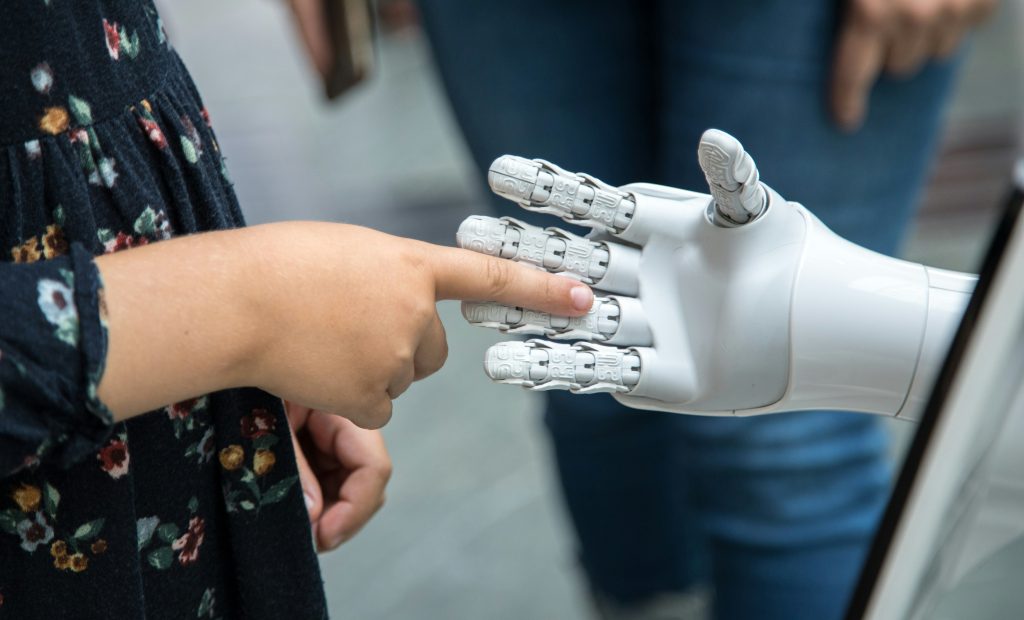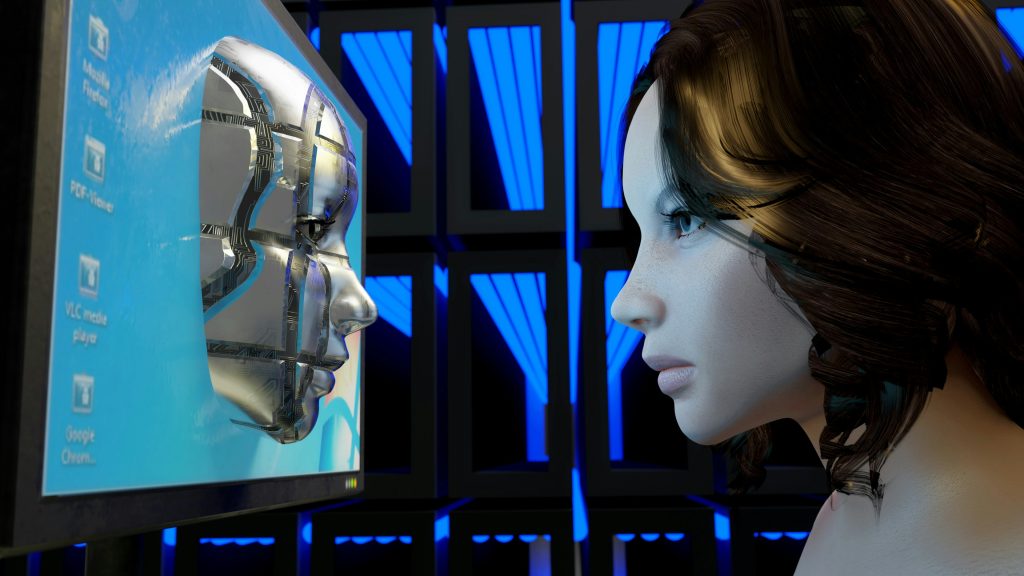Artificial Intelligence is making waves in the healthcare industry, offering smarter, faster, and more accurate solutions for patient care. From diagnosing diseases to managing treatment plans, AI is revolutionizing how healthcare providers deliver services—and how patients experience care.
One of the most impactful uses of AI is in diagnostics. Machine learning algorithms can analyze medical images (like X-rays and MRIs) with incredible accuracy, often catching early signs of disease that the human eye might miss. AI is also used in pathology, genetics, and lab testing, increasing speed and reliability.
Personalized medicine is another area where AI shines. By analyzing large datasets—such as genetic information, lifestyle factors, and medical histories—AI can help doctors tailor treatments to individual patients. This precision reduces side effects and increases the effectiveness of care.
In hospitals and clinics, AI-powered systems are helping manage patient records, schedule appointments, and even predict potential health risks. Virtual health assistants and chatbots can answer routine queries, provide health monitoring, and guide patients through treatment processes—all improving access and reducing burdens on healthcare staff.
However, challenges like data security, patient privacy, and ethical use of AI in life-or-death decisions must be addressed. Medical professionals must remain involved in oversight, and AI should be seen as a supportive tool—not a replacement for human judgment.
In conclusion, AI is transforming healthcare from reactive to proactive, from generalized to personalized. As adoption grows, the focus must remain on responsible innovation that prioritizes safety, transparency, and patient well-being. The future of healthcare isn’t just smart—it’s AI-powered.



